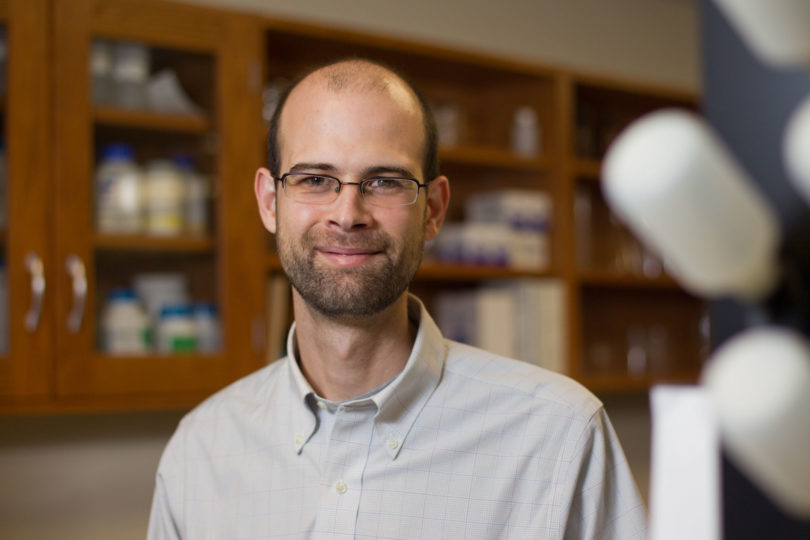Athens, Ga. — With the launch of the new Center for the Ecology of Infectious Diseases, the University of Georgia is poised to become a world leader in the increasingly important field of disease ecology.
“We have a bold mission, but I genuinely believe we can achieve it,” said John Drake, a professor in the Odum School of Ecology and the new center’s director. “We hope to be the best in the world within five years, and I think that’s possible because of the vibrant research community we have here.”
Infectious diseases pose a serious threat to human health, causing millions of deaths around the world every year, according to the National Academies of Sciences, Engineering and Medicine. They also take an enormous financial toll in lost productivity as well as costs associated with controlling them.
Because most emerging infectious diseases originate in animals, a purely medical approach is not adequate for combating them; understanding how ecological processes and human impacts on the environment influence the emergence and spread of infectious diseases is critical. Disease ecology provides this kind of insight, exploring interactions between hosts and pathogens and/or parasites within their ecological context.
“The future of managing global disease is all about predicting emergence and spread,” said John Gittleman, dean of the Odum School. “The center is a world leader in developing and applying predictive science. This is an exciting, dynamic opportunity for Odum and UGA.”
The new center takes advantage of the university’s existing strengths in disease ecology and computational ecology, bringing together faculty and students from across campus to tackle some of the most challenging problems in the global fight against infectious diseases. It grew out of the Computational Ecology and Epidemiology Study Group, an informal network of UGA scientists with a shared interest in quantitative research methods.
“The study group was methodologically focused and narrow in scope, focusing exclusively on computational methodology,” Drake said. “In my view, it has done a fantastic job empowering scientists in several departments at UGA to undertake more sophisticated quantitative approaches to their science. In contrast, the center is topically focused. For this reason, I believe it will be able to have more impact-first, by addressing a broader array of scientific questions, and second, by taking the products of research further down the road of translation to societal benefit.”
At a recent reception celebrating the center’s opening, Drake thanked David Lee, vice president for research; Gittleman; and Fred Quinn, head of the department of infectious diseases in the College of Veterinary Medicine, for their support, which he credited as instrumental in starting the center.
Center members to date include faculty, staff, postdoctoral associates and students from units such as the department of infectious diseases and department of pathology in the College of Veterinary Medicine, the department of epidemiology and biostatistics in the College of Public Health, the department of genetics and the department of mathematics in the Franklin College of Arts and Sciences, the College of Engineering, and the Odum School.
Drake invited anyone with an interest to participate.
“As a group we prioritize intellectual curiosity, and we’re a fun group of people to work with-that might be what gives us our edge,” Drake said.
For more information about the Center for Infectious Diseases, including upcoming seminars and workshops and how to join, see http://ceid.uga.edu/.








